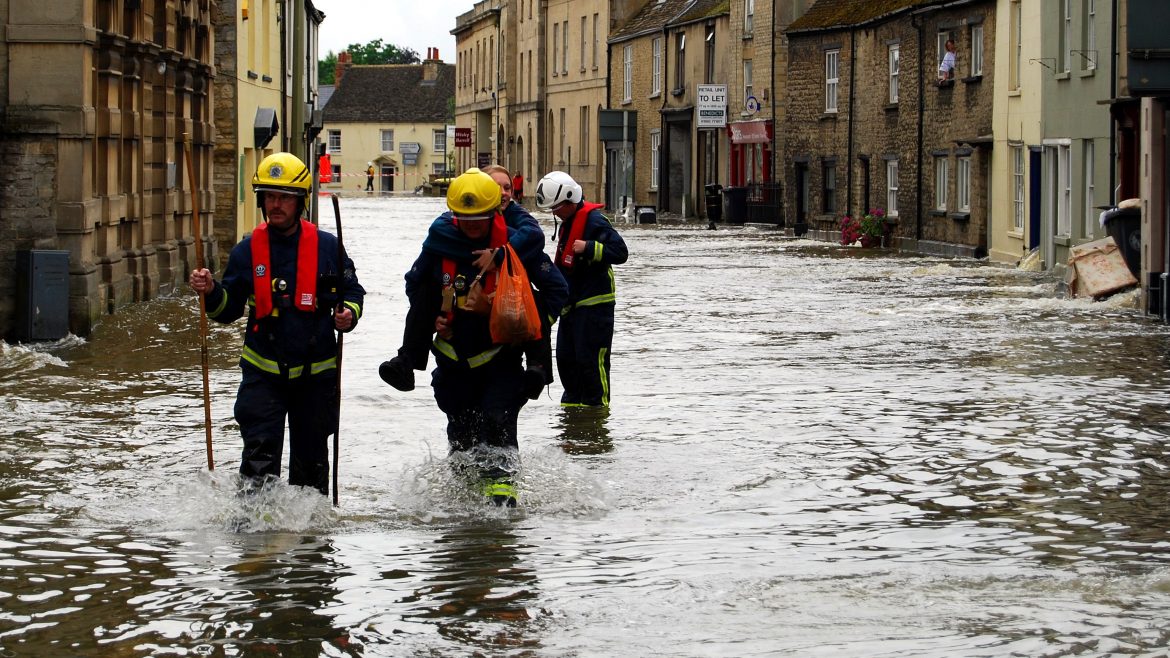A stark report, the worst-case scenario, has warned that the current climate crisis could cause up to 10,000 extra deaths in the UK every year by the 2050s as a result of extreme heat and bring a host of tropical diseases.
The current worldwide goal of limiting global warming to below 1.5C has widely been accepted to be exceeded within the next five to 10 years, with the world currently on track to experience 2.7C of heating.
The report which was published in a damning document by the UK Health Security Agency (UKHSA) on Monday, would see average temperatures rise by 4.3C, bringing an estimated twelvefold rise in heat-related deaths by 2070. It adds that deaths could increase by one-and-a-half times in the 2030s.
The figures come from UKHSA’s Health Effects of Climate Change (HECC) report, which examines the effects the climate crisis is already having on British health outcomes. It states that diseases transmitted by insects – such as dengue fever or Zika virus – could also become widely transmissible across the UK due to the arrival of species native to hotter countries.
For example, the report suggests that the Asian tiger mosquito – which can transmit dengue, Zika and the chikungunya virus – has the potential to become established in most of England by the 2040s and 2050s, with most of Wales, Northern Ireland and parts of the Scottish Lowlands also becoming suitable habitats later on in the century. London could experience endemic dengue transmission by 2060, it adds.
Reacting, Prof Isabel Oliver, who is the chief scientific officer at UKHSA, said that the report starkly demonstrates the impact that climate change could have on our society if we do not take decisive action.
“We can expect major impacts on physical and mental health, while our changing climate will also exacerbate existing health inequalities,”he said.
He however UKHSA made clear that many of these predictions stem from a worst-case scenario, and many of the adverse effects climate change has on health outcomes could be allayed. This could be accomplished through changed behaviour and mitigation. Such efforts include the use of national heat and cold alert systems and improvements to housing, specifically the use of energy efficient measures and flood defences.
“In the UK many of the anticipated adverse impacts on health are still avoidable through mitigation measures, while others are preventable if the necessary adaptation measures are introduced. Therefore it is critical that the evidence in this report is used to inform policy and action,” Prof Oliver said.
Also, the report outlines measures needed to be undertaken to mitigate the forthcoming damage – which includes the use of solar energy, energy-efficient lighting and passive or low-carbon heating and cooling.
Story was adapted from the Guardian.
